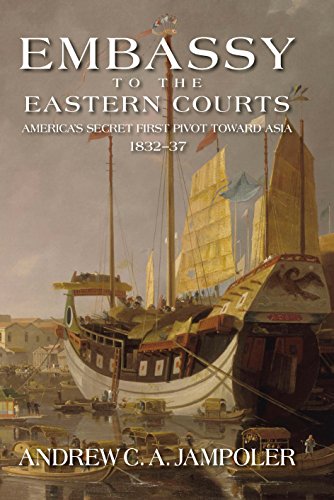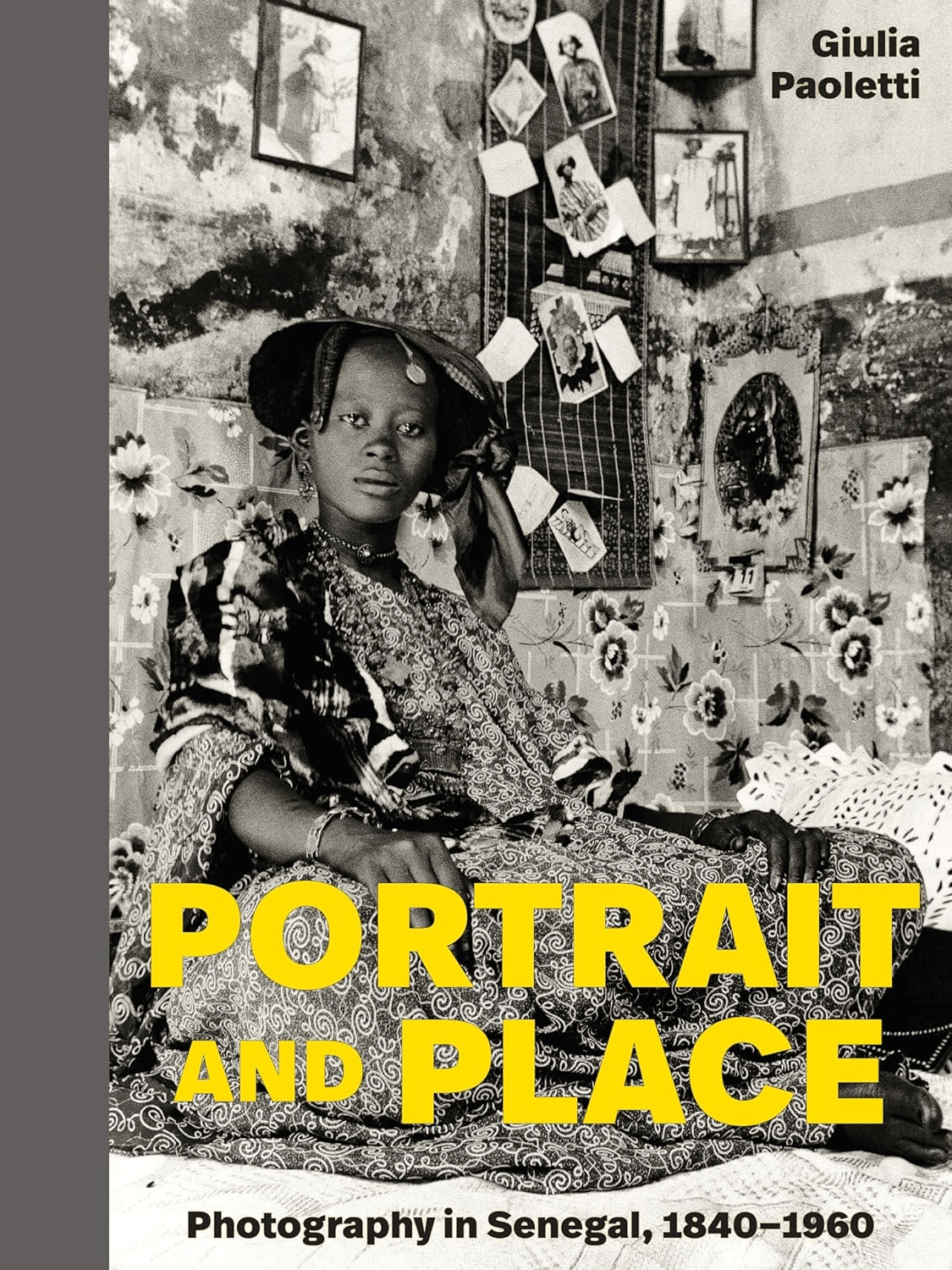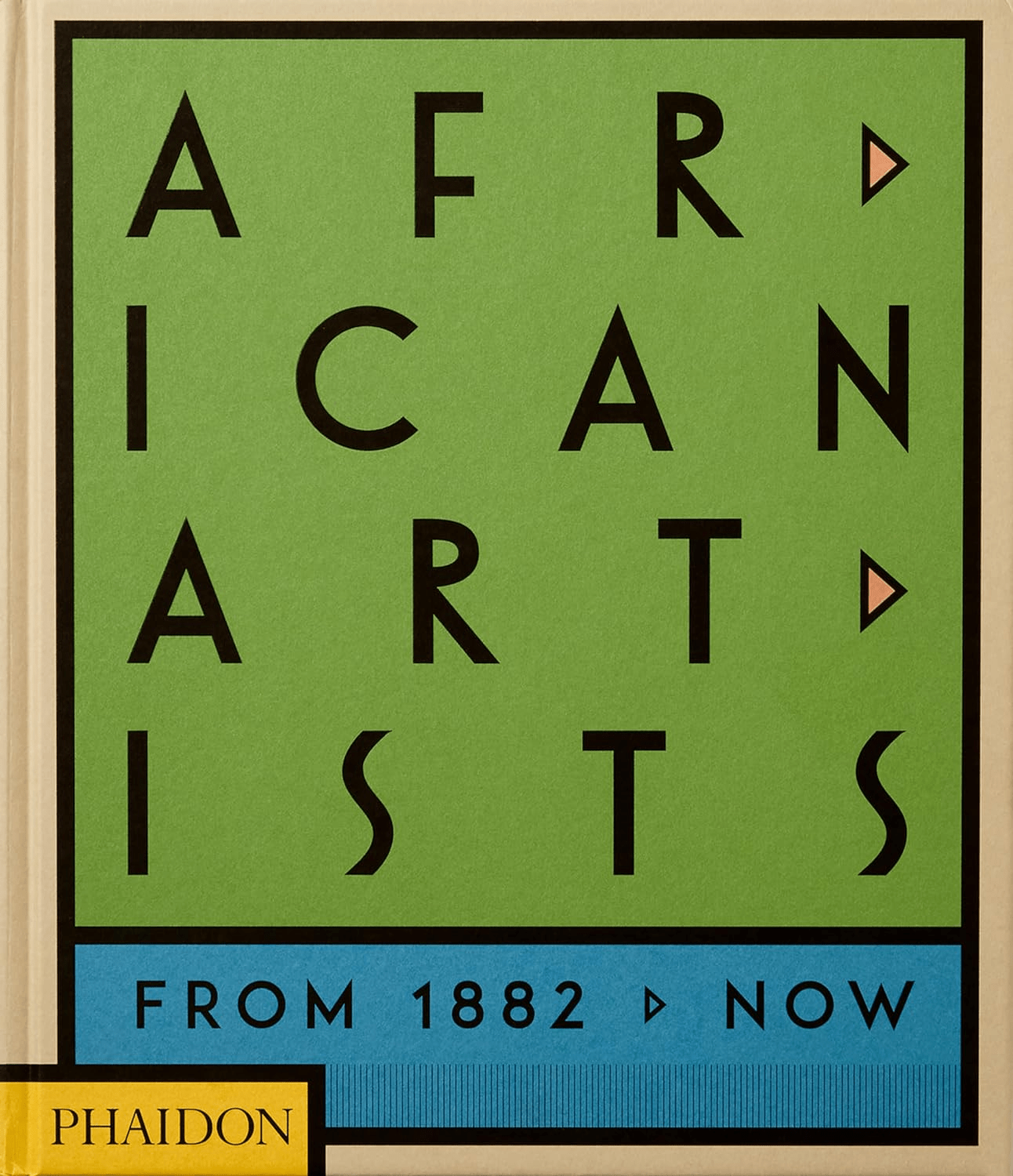
Embassy to the Eastern Courts: America's Secret Pivot Toward Asia 1832–37
Robert W. Lebling
Andrew C. A. Jampoler
2015, Naval Institute Press, 978-1-61251-416-1, $44.95 hb.
After the American Revolution, the maritime trade of the US was naturally concentrated in the Atlantic, Caribbean and Mediterranean basins. But, surprisingly, there were secret official American overtures as early as 1832 to establish trade relationships with far-off Asian powers. Edmund Roberts, a new shipowner, undertook secret diplomatic missions at the behest of President Andrew Jackson to build commercial relationships with Oman, Siam (Thailand), Cochin China (southern Vietnam) and Japan. This meticulously researched book covers Roberts's two voyages to Asia in 1832–1834 and 1835–37. His first resulted in trade treaties with Siam (under King Rama III) and Oman (under Sultan Sayyid Sa’id). His negotiations with Cochin China were unsuccessful. Roberts returned to the region the following year. His second series of talks with Cochin Chinese leaders bore no fruit and, reaching China proper, he was unable to negotiate with leaders due to the onset of an illness that lead to his death in 1836. He was buried in a small East India Company cemetery in Macao. He never reached Japan. But his diplomatic missions and treaties with Oman and Siam opened the door to America's expanding role in Asia in the years to follow.
You may also be interested in...

A Fresh Perspective on Senegal’s Photographic History
Author Giulia Paoletti’s Portrait and Place puts historical Senegalese photography in a fresh global context.
A Century of African Art, in 300 Voices, All in One Book
From Cairo to Khartoum to Casablanca, this volume traces how African artists have shaped—and reshaped—modern art over the past century.